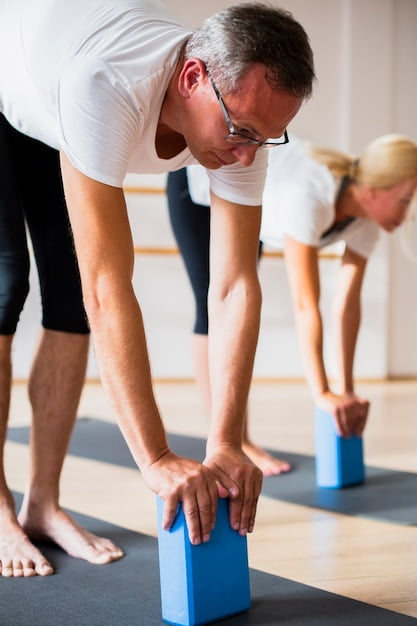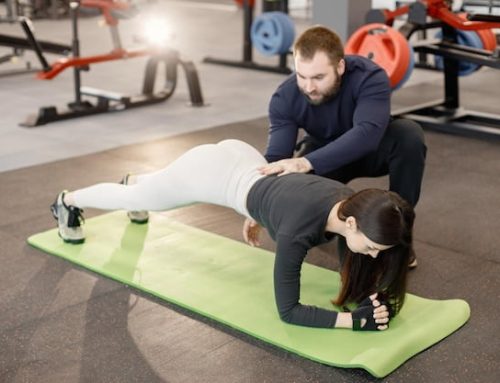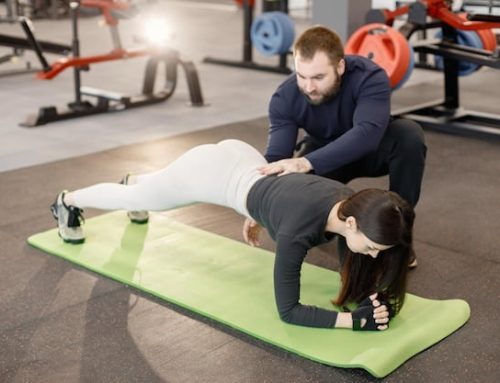Sports-Specific Training: What are Examples of Sport-Specific Skills?
Physical training is an important part of any athlete’s preparation for games or competitions. Apart from general fitness, it is also important to train in ways that help athletes develop sport-specific skills. This kind of training is called sports-specific training, and it aims to help athletes improve their technique, speed, agility, and endurance in the sports they play.
What is Sports-Specific Training?
Sports-specific training involves exercises and drills that are designed to replicate movements, actions and demands of a particular sport. It can involve a range of activities like resistance training, plyometrics, speed and agility drills, balance training and cardiovascular conditioning. Sports-specific training can help athletes improve their technique, power, speed, endurance, and agility, which can give them a competitive advantage over their opponents.
Why is Sports-Specific Training Important?
Sports-specific training is important for athletes because it helps them develop the specific skills that are required for their sport. By training in a way that mimics what they do in their sport, athletes can improve their movement patterns, motor skills, and overall performance. This, in turn, can help them play better during games and competitions, reduce their risk of injury, and ultimately achieve better results.
Examples of Sport-Specific Skills
Here are some examples of sport-specific skills that athletes might train for:
| Sport | Sport-Specific Skill |
|---|---|
| Basketball | Jumping, shooting, dribbling, passing, rebounding |
| Football | Running, throwing, catching, blocking, tackling |
| Tennis | Serving, forehand, backhand, footwork, volleys |
| Swimming | Freestyle, breaststroke, butterfly, backstroke, starts, turns |
| Baseball | Throwing, hitting, fielding, running, sliding |
How to Train for Sport-Specific Skills
Training for sport-specific skills can involve a range of activities, and the specific approach will depend on the individual athlete and the sport they play. However, here are some general principles of sports-specific training that can be applied:
- Identify the key skills required for your sport
- Design exercises and drills that replicate those skills
- Incorporate resistance and weight training to build strength and power
- Focus on movements that improve speed and agility
- Include drills that challenge balance and coordination
Sport-Specific Training vs General Fitness Training
While general fitness is important for overall health and wellness, it is not enough for athletes who want to excel in their sport. Sports-specific training is necessary to develop the specific skills and abilities required for a particular sport. General fitness training can improve an athlete’s cardiovascular health, strength, and endurance, but it does not necessarily translate into better performance in a particular sport.
Conclusion
Sports-specific training is essential for athletes who want to improve their performance in their sport. By identifying the key skills required for their sport and designing exercises and drills that replicate those skills, athletes can develop their technique, speed, agility, and endurance. Whether an athlete is training for basketball, football, tennis, swimming, or baseball, sports-specific training can help them achieve their goals and improve their results.






